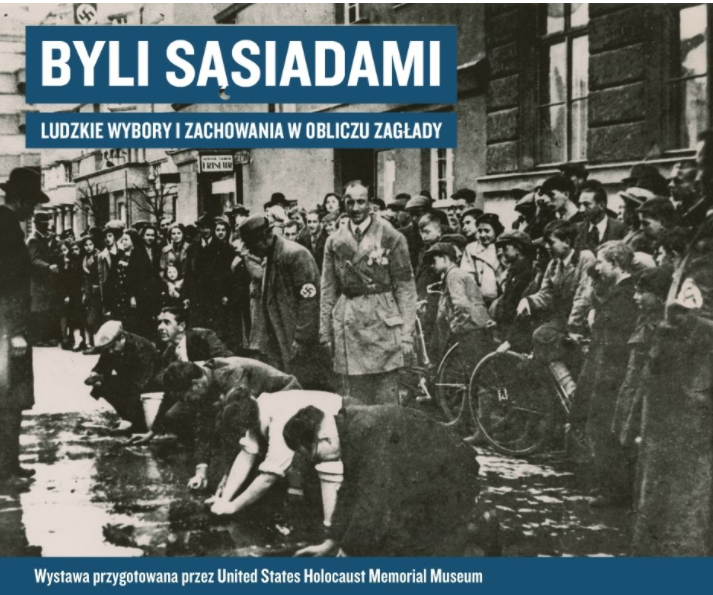The Ulma Family Museum of Poles Saving Jews in Markowa in the Subcarpathian region has opened the exhibition “Some were neighbors: Choice, Human Behavior & the Holocaust”. It was prepared by the United States Holocaust Memorial Museum and is a travelling version of the exhibition “Some were neighbors”, which was presented in Washington in 2017.
Waldemar Rataj, director of the Museum of Poles Saving Jews in World War II in Markowa is glad that the exhibition “Some were neighbors” will be presented for the first time in Poland in Markowa. The exhibition corresponds with the permanent exhibition, adding a broader, European context to the Markowa Museum’s historical message. The idea of this exhibition inspires optimism because it shows that even in life-threatening conditions and totalitarian enslavement, there were people ready to help their neighbors.
Sara J. Bloomfield, director of the United States Holocaust Memorial Museum, found that studying history helps understand how people at different times and circumstances made important choices, and what the consequences were.
She noted that the ‘Some were Neighbors’ exhibition forces visitors to reflect on what human choices caused the Holocaust.
“This is a clear reminder of the power of individuals to make a difference for better or worse. We are very grateful to our partners from the Markowa Museum for hosting this important exhibition and we hope it will inspire visitors to think critically about their personal choices and responsibility for shaping a better future”, added the director of the United States Holocaust Memorial Museum.
The exhibition can be visited until the end of September. After Markowa, the exhibition will also be hosted in other Polish cities.
The main goal of the Museum of Poles Saving Jews, opened in 2016, is to show the heroic attitudes of Poles who helped Jews during the German occupation, risking their own and their families’ lives. It is the first museum in Poland that focuses on how the Jewish population was saved in occupied Polish territory during the Holocaust.





